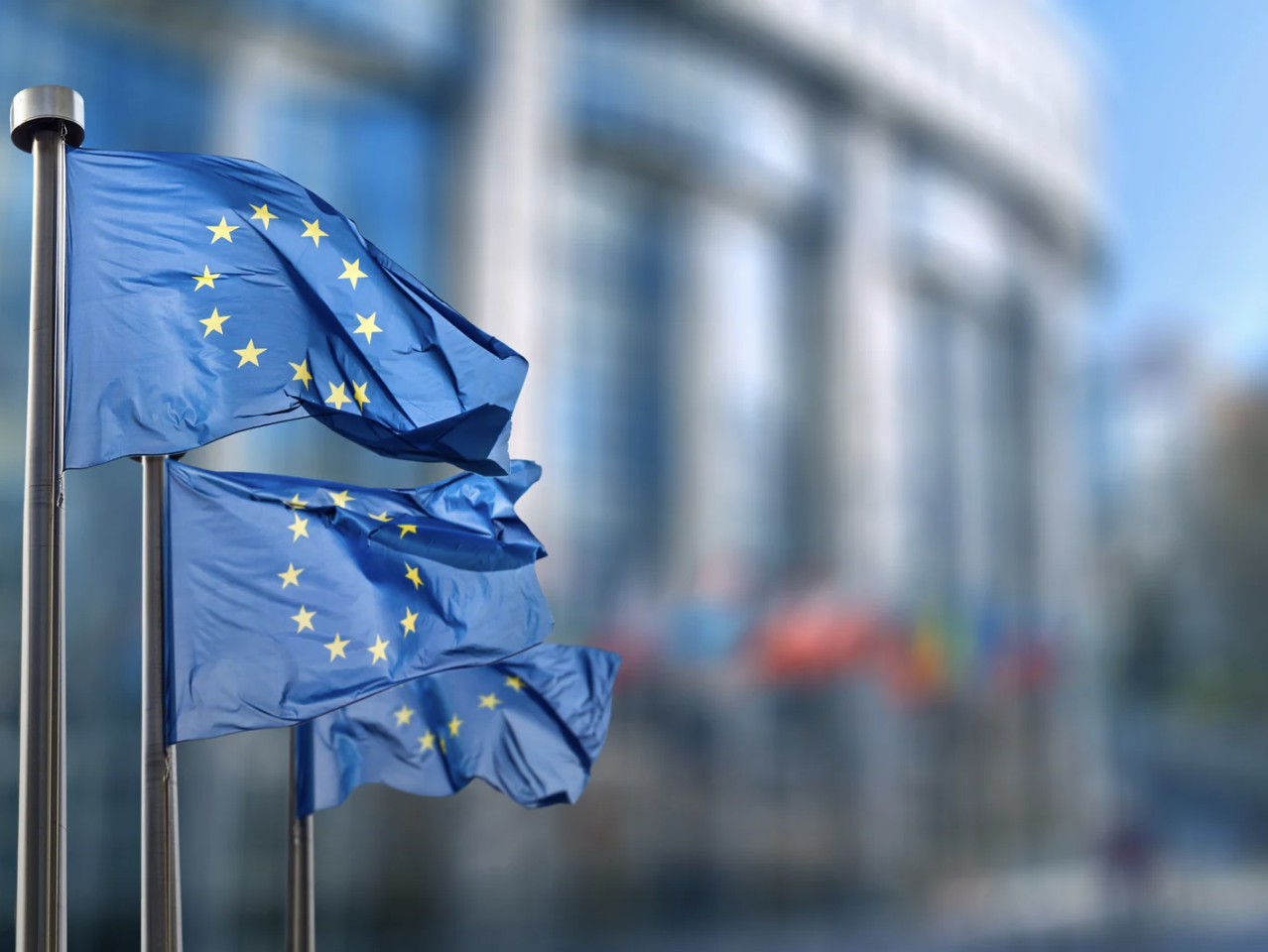The European Union is close to selecting a firm to develop a €9 million joint purchasing platform for critical minerals and energy, according to documents and sources familiar with the matter. Eight companies are currently competing for the contract, with the winner expected to be announced by the end of the year, sources told Reuters.
The initiative is designed to strengthen the bloc’s leverage in securing better deals and prices for crucial minerals required for the green energy transition. These markets, often thin and dominated by China, play a vital role in sectors such as electric vehicle (EV) batteries and renewable energy technologies.
The selected firm will receive approximately €9 million to create and deliver the platform, according to documents seen by Reuters. The system is expected to begin development early next year.
Among the bidders are consulting giants Deloitte and PricewaterhouseCoopers (PwC), as well as Germany’s Metalshub and Enmacc, which have submitted a joint bid. Metalshub and Enmacc told Reuters they plan to leverage their existing trading platforms for metals and energy to support the EU’s project. Both Deloitte and PwC declined to comment.
Industry Backing
The European Commission has voiced support for the project, citing an online consultation where 66 industry participants responded positively. “The survey revealed wide support for setting up a demand aggregation and matchmaking platform for strategic raw materials,” said EU Commission spokesperson Johanna Bernsel.
This initiative is a core element of the EU’s Critical Raw Materials Act (CRMA), which aims to reduce reliance on China by boosting domestic production and processing of critical minerals. Commission President Ursula von der Leyen has been a driving force behind the CRMA, pushing for swift action on the initiative, according to another source.
Potential Users and Concerns
While the platform is seen as a useful tool for obtaining certified sustainable or niche materials like germanium and gallium, some potential users note that they already have established supply chains for essential inputs like lithium and cobalt for EV batteries. Protecting data and trade secrets on the platform has also been flagged as a potential concern by industry sources.
The CRMA, which took effect in May, targets 17 critical minerals crucial for EVs, wind turbines, and other green technologies. However, some industry experts expressed reservations about combining minerals with other sectors like natural gas and hydrogen on the same platform, as the markets for these commodities differ significantly.
The new system is modeled after AggregateEU, a platform created in response to the energy crisis of 2022 to facilitate joint gas purchases. While the EU hailed AggregateEU as a success, the European Court of Auditors has questioned its overall effectiveness.





